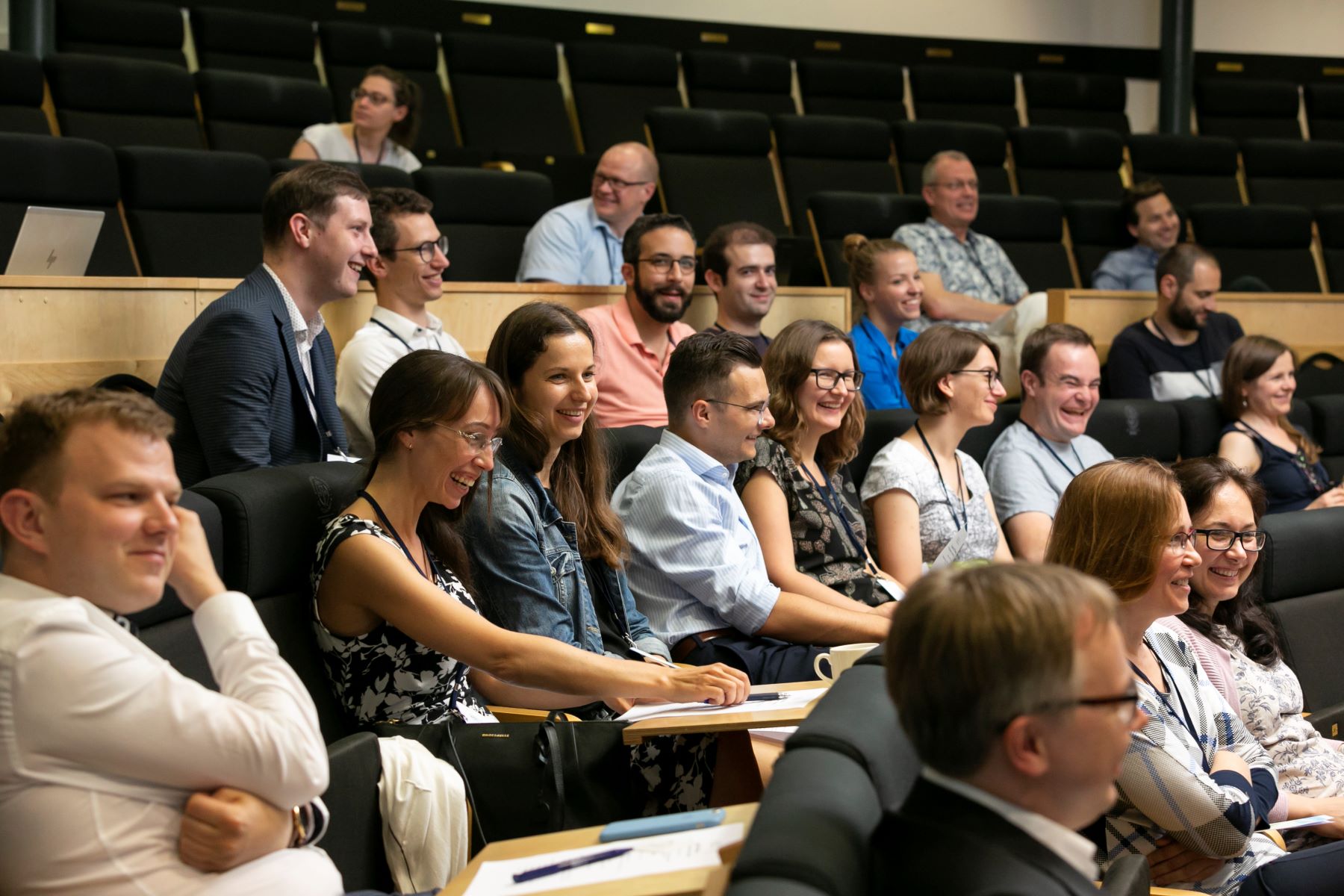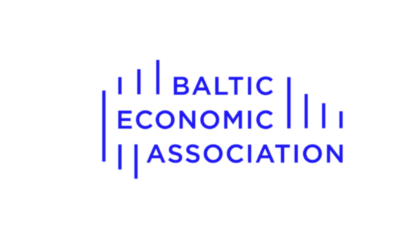Welcome to the third edition of the Baltic Central Banks’ Invited Lecture Series (BCBILS)!
We are pleased to invite submissions to the seminar which is part of the 2025 edition of the Baltic Central Banks’ Invited Lecture Series (BCBILS), to be held from May 21 to May 23, 2025, in Riga, Latvia.
The BCBILS training course in 2025 will be delivered by renowned macroeconomist Professor Óscar Jordà, a senior policy advisor at the Federal Reserve Bank of San Francisco and Professor of Economics at the University of California. Professor Jordà is widely recognized for his research on monetary and fiscal policy and his pioneering work on local projections in applied economic research. The course topic is “Local projections for applied economics”. The training course is designed for researchers from policy institutions and universities, as well as advanced-level PhD students. It will be accompanied by a seminar focused on research utilizing local projections in applied economics.
We invite papers that explore the use of local projections in applied economic research. The selection process will be conducted by a joint committee comprising representatives from the central banks of Latvia, Lithuania, and Estonia.
Please note that presenting a paper at the seminar is a requirement for being eligible to attend the two-day course.
Details of the lecture and the seminar are as follows:
- Lecture: May 21, 2025 and May 22, 2025
- Seminar: May 23, 2025
There are no registration fees for lectures or the seminar. Lunch costs are covered by organizers. Traveling and accommodation costs are not covered.
Application documents:
Please send your application containing the CV and a complete research paper you wish to present by 28 February 2025 to Mr. Olegs Tkacevs (olegs.tkacevs@bank.lv). Please also indicate in your application whether you wish to participate at both events or at the seminar only.

